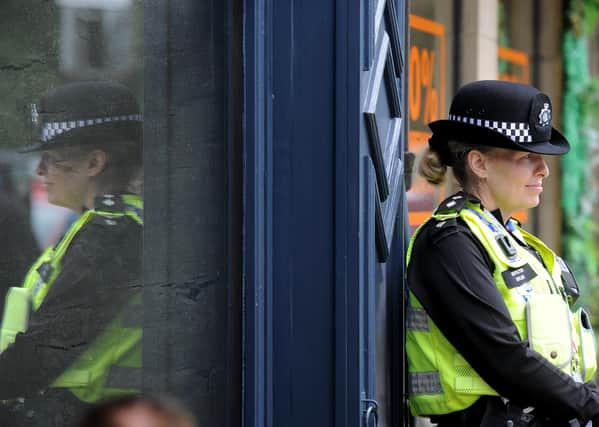Police must tell crime victims when and why ‘no further action’ is taken – The Yorkshire Post says


They also do not have sufficient resources to prioritise every incident – they, inevitably, have to prioritise cases based on the crime’s seriousness and likelihood of a successful prosecution. However this is little consolation to victims of crime from serious assaults, including sexual offences, to those families whose homes have been violated by burglars.
They believe, understandably so, that their plight is a policing priority and lose confidence if officers don’t take it sufficiently seriously in their view or, worse still, take ‘no further action’.
Advertisement
Hide AdAdvertisement
Hide AdThis is particularly pertinent after it emerged that up to 85 per cent of burglary cases in South and West Yorkshire, the county’s two largest police forces, are being closed with no suspect identified.


Yet, while both point to the work of specialist teams and longstanding funding pressures as the Government finally begins to recruit 20,000 officers to replace those axed in the past decade, the law-abiding public will be far more sympathetic if the police communicate better with them.
It is now nearly 25 years since Tony Blair promised to put victims at the “heart of the criminal justice system” and over 15 years have now passed David Blunkett, the then Home Secretary, launched a new strategy, Cutting Crime, Delivering Justice in 2004. It said: “Victims of crime will be treated sensitively by staff; they will be kept informed of the progress of their case and they will be told the outcome.”
That this basic courtesy still cannot be taken for granted points to recurring systemic failings, compounded by financial constraints, which do the police few favours at a time when their work is so dependent on public goodwill and confidence.
Advertisement
Hide AdAdvertisement
Hide AdYour subscription will help us to continue to bring quality news to the people of Yorkshire. In return, you’ll see fewer ads on site, get free access to our app and receive exclusive members-only offers.
So, please - if you can - pay for our work. Just £5 per month is the starting point. If you think that which we are trying to achieve is worth more, you can pay us what you think we are worth. By doing so, you will be investing in something that is becoming increasingly rare. Independent journalism that cares less about right and left and more about right and wrong. Journalism you can trust.
Thank you
James Mitchinson
Editor
Comment Guidelines
National World encourages reader discussion on our stories. User feedback, insights and back-and-forth exchanges add a rich layer of context to reporting. Please review our Community Guidelines before commenting.